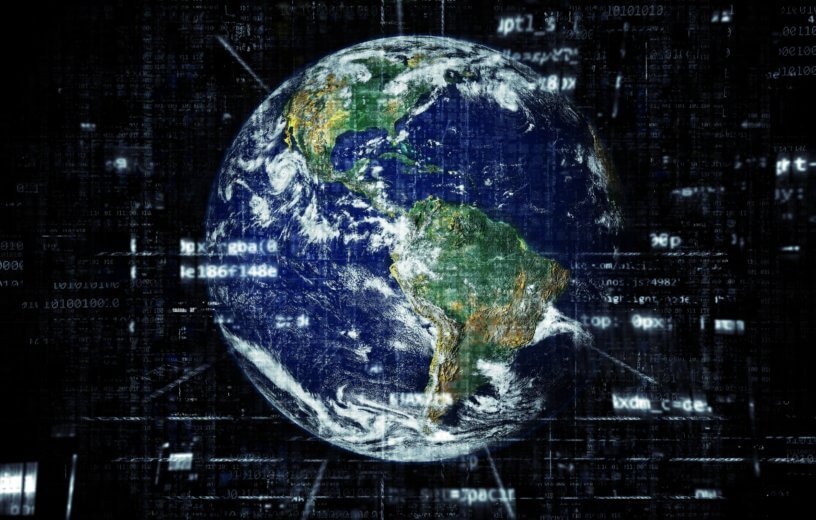BIRMINGHAM, England — Has the internet become so widespread, informative, and influential that it has evolved from a luxury into a basic necessity? According to a new study that is sure to incite spirited debate, the answer is yes!
It’s far more common today for people all over the world to express themselves creatively, access information, and rally together in support of a cause online than in person. As such, not being afforded free access to the internet is akin to taking away an individual’s freedom of expression, right to information, and freedom of assembly.
Those are the main arguments being citied for free internet’s inclusion as a basic human right in a study recently published by the University of Birmingham in England. According to author Dr. Merten Reglitz, a lecturer in global ethics, if only a certain percentage of the world’s population has access to the internet, while others, particularly those in developing nations, do not, it undermines these peoples basic human rights and ability to live “minimally decent lives.”
“Internet access is no luxury, but instead a moral human right and everyone should have unmonitored and uncensored access to this global medium – provided free of charge for those unable to afford it,” Dr. Reglitz comments in a release. “Without such access, many people lack a meaningful way to influence and hold accountable supranational rule-makers and institutions. These individuals simply don’t have a say in the making of the rules they must obey and which shape their life chances.”
While the study does concede that internet access doesn’t guarantee freedom of speech, expression, etc., it still asserts that it has undeniably put more power into the hands of the people.
Essentially, without the internet, people in today’s day and age have very few ways of making their voices heard and holding others in positions of power accountable for their actions. Dr. Reglitz even goes so far as to say that free speech is dependent upon internet access. Political debate is a prime example; without the internet it is near impossible be active politically nowadays.
The study also gives recent examples of situations in which the internet helped hold powerful institutions accountable for their actions, including the #MeToo movement regarding sexual misconduct, and the Arab Spring protests regarding governmental abuse of its citizens.
If a particular nation is unwilling, or unable, to provide all of its citizens with free internet access, Dr. Reglitz says the international community should step up to help.
Perhaps this seems far fetched at first consideration, but various political institutions have already pledged to provide their populations with universal internet access. Examples include the Indian state of Kerala recently declaring internet access a basic human right and beginning an initiative to ensure all citizens enjoy access; and the EU launching a project to provide “every European village and city with free wireless internet access around main centers of public life by 2020.”
For reference on just how tall a task it will be to provide the global population with free internet, the United Nations estimated in 2018 that only 51% of the Earth’s population had access to the internet. Historically, every single year more people gain internet access as tech prices slowly decrease, but in recent years the expansion rate has slowed considerably. To Dr. Reglitz, this suggests that intervention from the global community is needed.
It’s important to note, though, that the study is not advocating for every person on this planet to be supplied with the latest iPhone. Dr. Reglitz compares the basic right to internet access to the global standards regarding health and medical treatment. The latest health technology is not needed to meet the minimum international health standards, because many poorer nations would simply be unable to reach that criteria. Similarly, poorer nations should initially focus on setting up public locations with free internet access, and then move on to expanding their IT infrastructure.
“Universal internet access need not cost the earth – accessing politically important opportunities such as blogging, obtaining information, joining virtual groups, or sending and receiving emails does not require the latest information technology,” Dr. Reglitz adds. “Web-capable phones allow people to access these services and public internet provision, such as public libraries, can help get people online where individual domestic access is initially too expensive.”
The study is published in the Journal of Applied Philosophy.
